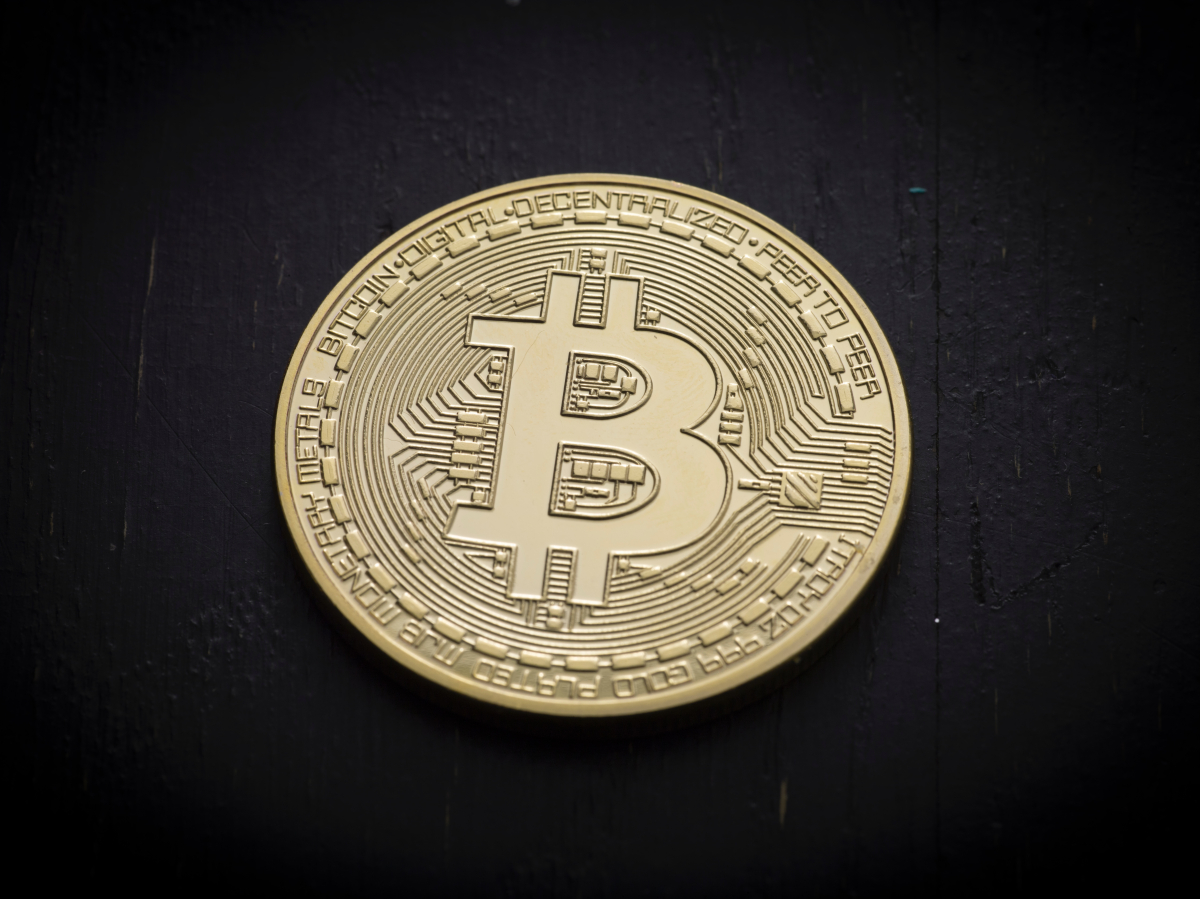At ESMT Berlin, Bitcoin pays off

ESMT students have been welcome to pay their tuition with bitcoin since December 2016, when ESMT became the first German university to accept bitcoin as payment. In the interview, Garlichs explains why ESMT stepped into the cryptocurrency arena, how ESMT students and vendors have responded to the opportunity, and what’s next for ESMT in the digital currency space.
Our decision to accept bitcoin for tuition payments was a practical one. Approximately 85 percent of our students come from abroad, including non-EU countries such as Brazil, Vietnam, and Zimbabwe. Making a payment to Germany from such countries is often a difficult, lengthy, and expensive process. Indeed, for some of our students, making high tuition payments using their local banks is simply impossible. When we considered the alternatives, bitcoin came to mind. And yes, we thought, this is both practical and great opportunity for the greater public to learn about our expertise in the cryptocurrency area.
With just a maximum of one payment per month, it has been a manageable option for our students and us. And it’s been successful enough that we have expanded the possibilities. We started with bitcoin, but now also accept other cryptocurrencies such as dash, ethereum, and litecoin. Students and employees can use bitcoin to upgrade service contracts or pay a grant. I can’t say that it’s been a completely smooth process. For example, the catering company that handles our campus cafeteria has not yet decided to accept bitcoin payments as well. But, as t3n also recognizes, the use of cryptocurrencies has been met with skepticism in other quarters as well.
Part of the skepticism is due to concerns about the stability of this new currency. Naturally, we also believe this is important to recognize in accepting bitcoin and we’ve thus adopted some policies to address that. For customer security, for example, we introduced a 24-hour price guarantee. That means that, regardless of market price fluctuation, within 24 hours, bitcoin has the price it had at the time when the quote was requested. Furthermore, for ESMT’s safety, we work through Kraken.com and exchange the bitcoin immediately into euros.
Thus far, everything has been largely unproblematic. Due to the immediate exchange, we have practically no value fluctuations. The most challenging part of the process was registration: Registering at a bitcoin exchange was a bit laborious. Bitcoin.de rejected us because, at least at that time, it did not accept business customers. And at Kraken.com there was a huge bureaucratic loop that required, for example, submitting copies of the IDs of all possible ESMT representatives. We believe that level of caution to be justified regardless. We are satisfied with how things have worked and will keep bitcoin as a payment option.
We also see ourselves as a model for other educational institutions that are interested in accepting cryptocurrencies. Yes, we have had a lot of inquiries, both from private and state universities, but we have not heard that any of them have launched a similar program. Of course, ESMT has long offered a training program on blockchain, the distributed, digital transaction technology, for which bitcoin is such a visible example of success. Leaders and companies in the energy sector are particularly interested in blockchain education, because they recognize its transformative potential for business and government. We welcome the interest and the dialogue.
Read the German interview “Mit Bitcoin an der Uni zahlen: Das hat es gebracht“ on t3n.de.
